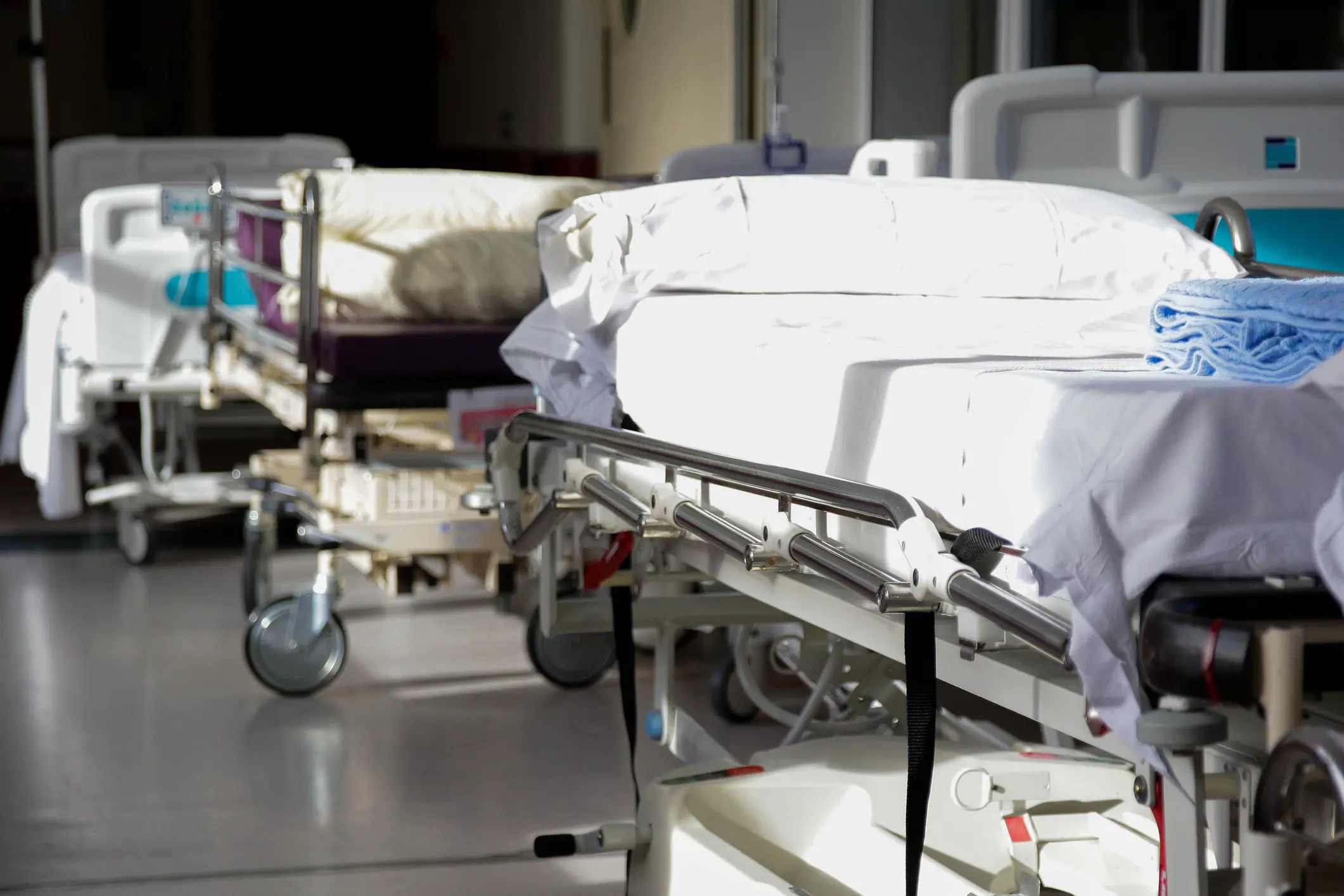
A doctor has revealed the ideal age to give up booze in order to avoid damaging your brain function.
Drinking is a huge part of many people's social lives - with a lot of drinkers looking forward to a glass of wine with friends when the weekend comes around.
But for others, it can become largely problematic or eventually lead to alcoholism, which can shorten your life span.
It has been reported by Drink Aware that 'alcohol is linked to seven different types of cancer including bowel cancer, breast cancer, liver cancer, and mouth cancer.'
Advert
The NHS advises: "Alcohol misuse is when you drink in a way that's harmful, or when you're dependent on alcohol. To keep health risks from alcohol to a low level, both men and women are advised not to regularly drink more than 14 units a week."

One doctor has spoken out with his findings, including which age is the sweet spot for putting down the drink.
Dr. Richard Restak, neurologist and author of How to Prevent Dementia: An Expert’s Guide to Long-Term Brain Health, describes alcohol as a 'neurotoxin' - a substance that ultimately damages, destroys, or impairs the function of the nervous system.
The Mayo Clinic added: "Alcohol is a neurotoxin that can disrupt communications of the brain. It also affects the functions of brain cells. This can lead to intellectual impairment, headaches, memory loss, slowed thinking, slurred speech, and trouble with balance and coordination.
“Excessive drinking can affect your nervous system, causing numbness and pain in your hands and feet, seizures, and dementia.”

According to Dr. Restak, there are steps all drinkers should take.
As per IGV, he says: "Ask yourself, ‘Why do I drink?’ If the answer is ‘because alcohol helps me to elevate my mood and lower my anxiety,’ you may be at some peril, and it’s probably best to stop altogether.
"I strongly suggest that if you are 65 years old or older, that you completely and permanently eliminate alcohol from your diet.”
The NHS have listed the short and long term effects of alcohol misuse.
Short term effects
- Accidents and injuries requiring hospital treatment, such as a head injury
violent behaviour and being a victim of violence
- Unprotected sex that could potentially lead to unplanned pregnancy or sexually transmitted infections (STIs)
- Loss of personal possessions, such as wallets, keys or mobile phones
- Alcohol poisoning – this may lead to vomiting, fits (seizures) and falling unconscious

They also note that binge drinkers 'more likely to behave recklessly and are at greater risk of being in an accident.'
Long term effects
- Heart disease
- Stroke
- Liver disease
- Liver cancer
- Bowel cancer
- Mouth cancer
- Breast cancer
- Pancreatitis
- Damage to the brain, which can lead to problems with thinking and memory
Please drink responsibly. If you want to discuss any issues relating to alcohol in confidence, contact Drinkline on 0300 123 1110, 9am–8pm weekdays and 11am–4pm weekends for advice and support.
Topics: NHS, Health, Mental Health, Alcohol, Cancer